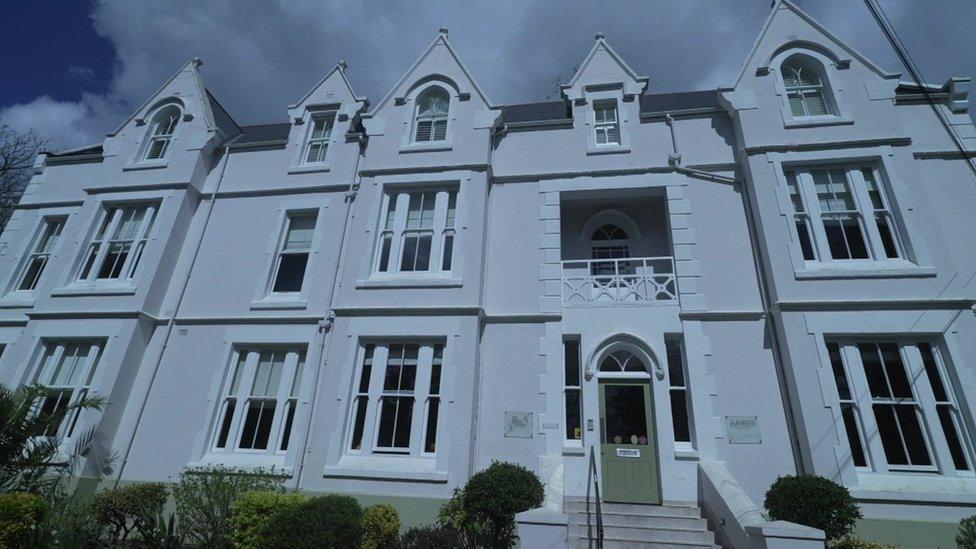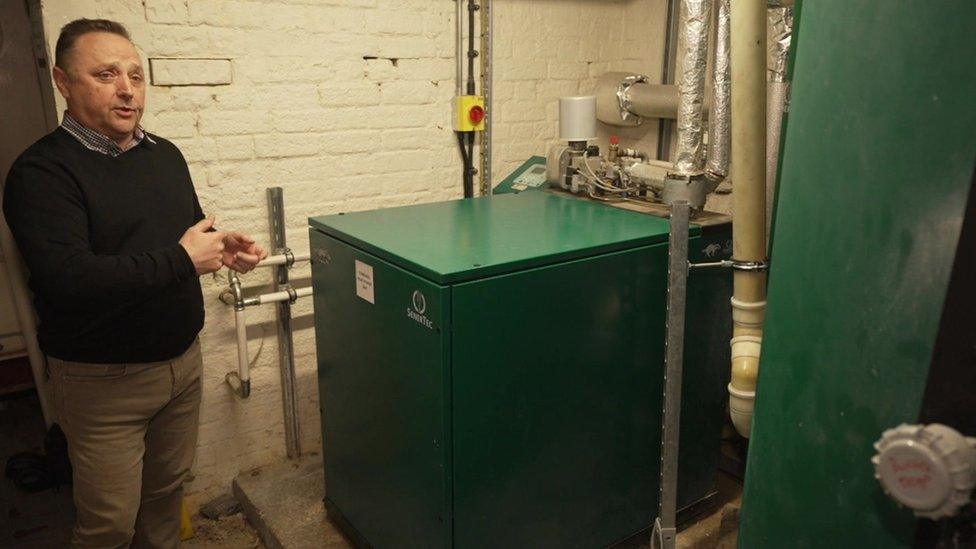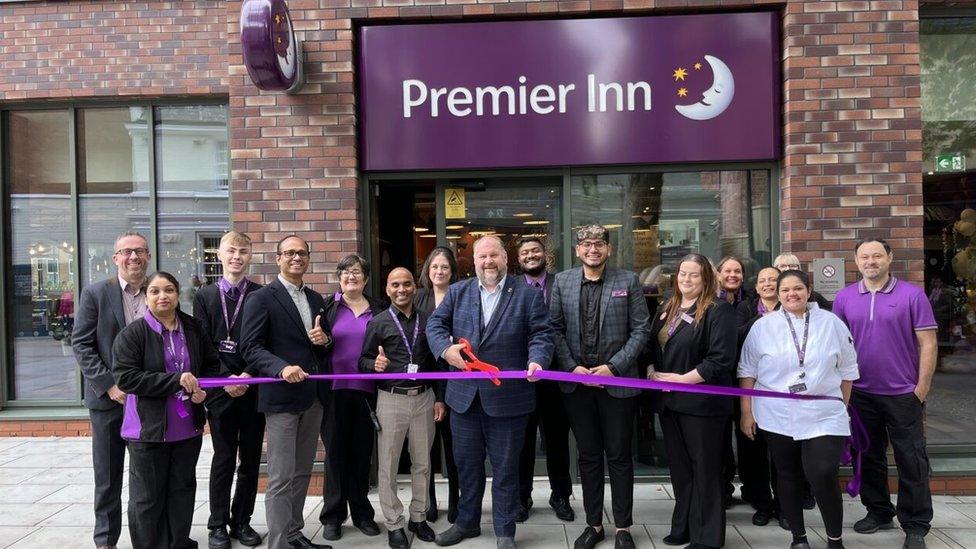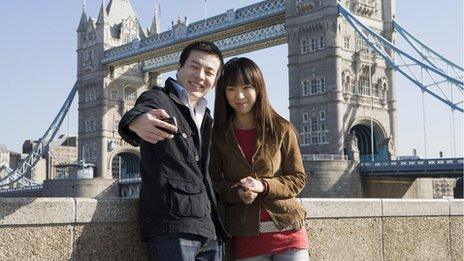Bournemouth hotel aims for greener stays
- Published

The Green House Hotel in Bournemouth has won awards for its sustainability efforts
A Bournemouth hotelier has said reducing carbon emissions is a "source of pride" for staff and management.
The Green House Hotel has installed solar panels, offers Electric Vehicle (EV) charging, and uses ozone gas in to make its laundry more efficient.
Manager Neil Carter said the hotel had made a decision to be "consciously green".
Figures show the UK hospitality industry has carbon emissions totalling eight million tonnes per year.
The 32-room hotel, in a Grade II Victorian villa in Bournemouth's Grove Road, promised to "eat, sleep and breathe sustainability" after a refurbishment in 2010.

A highly efficient Combined Heat and Power (CHP) unit produces most of the hotel's electricity
As part of its measures to reduce its energy consumption, the hotel has solar panels and a combined heat and power unit on site that generates most of its electricity.
There are also sensor taps, shower heads that use 25% less water, LED lighting with intelligent sensors, and furniture made of locally-sourced wood.
Ozone gas is injected into the laundry cycle to allow washes at temperatures as low as 15C.
The kitchen uses induction burners and waste food is sent to an anaerobic digester.
"We've done an awful lot to make sure we have as little effect on the environment as possible," Mr Carter said.
"It's a source of pride for the team - we spend a lot of time making sure they are aware of what we responsible for and how they can play a part in that."
Figures from the Carbon Trust show annual energy costs for the UK hospitality sector are in excess of £1.3bn, resulting in carbon emissions of more than 8m tonnes per year.
According to the trust, hotels - many of which are old or dated buildings - are particularly susceptible to energy wastage in heating, lighting, hot water and catering.
Its report on energy saving in the UK hospitality sector, external said most businesses could reduce their energy consumption by 10-40%.
With more than one million people staying in overnight accommodation in the resort each year, BCP Council included dealing with the carbon impact of tourism in its climate action plan, highlighting the use of sustainable transport and reduction of waste.
Mr Carter said guests "appreciate" their stay having less of an environmental impact.
"I don't think its 100% in the forefront of their [customers'] minds. There are lots of hotels doing really great stuff - it's about us making sure incrementally we keep getting a little bit better," he said.
"It's important particularly at a seaside environment to make sure that we are looking after the environment here."

Follow BBC South on Facebook, external, X, external, or Instagram, external. Send your story ideas to south.newsonline@bbc.co.uk or via WhatsApp on 0808 100 2240, external.
Related topics
- Published21 October 2023

- Published7 May 2018
